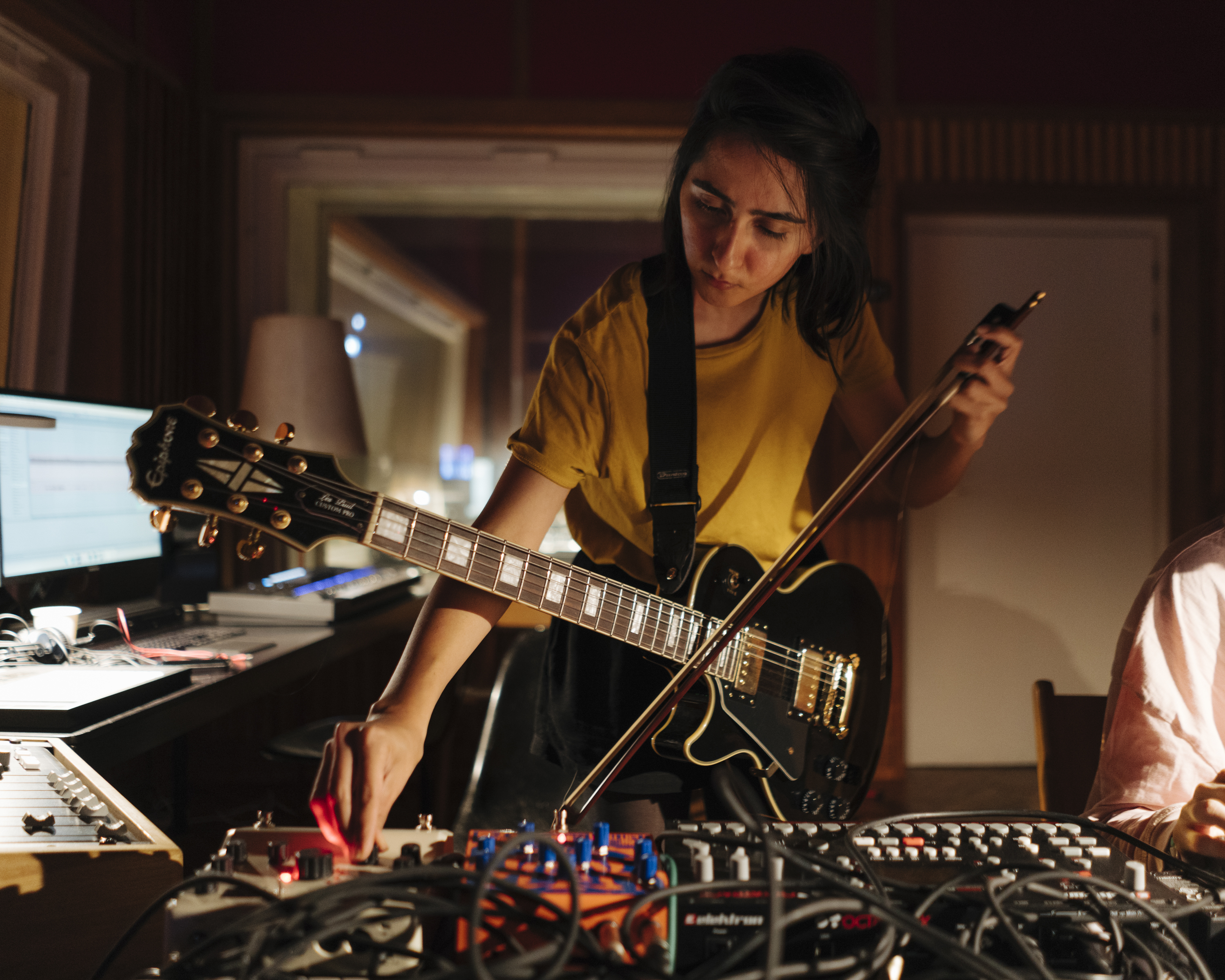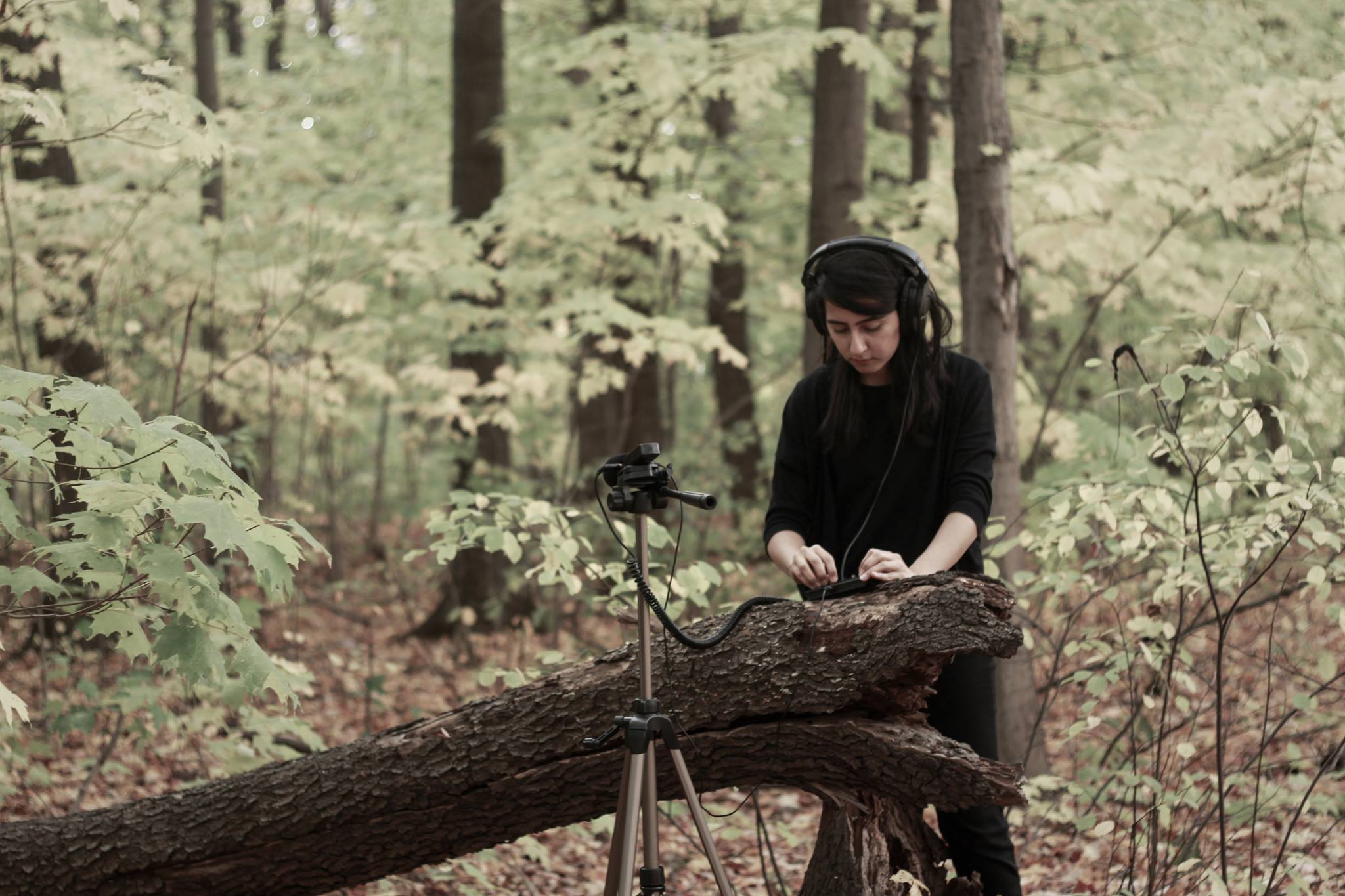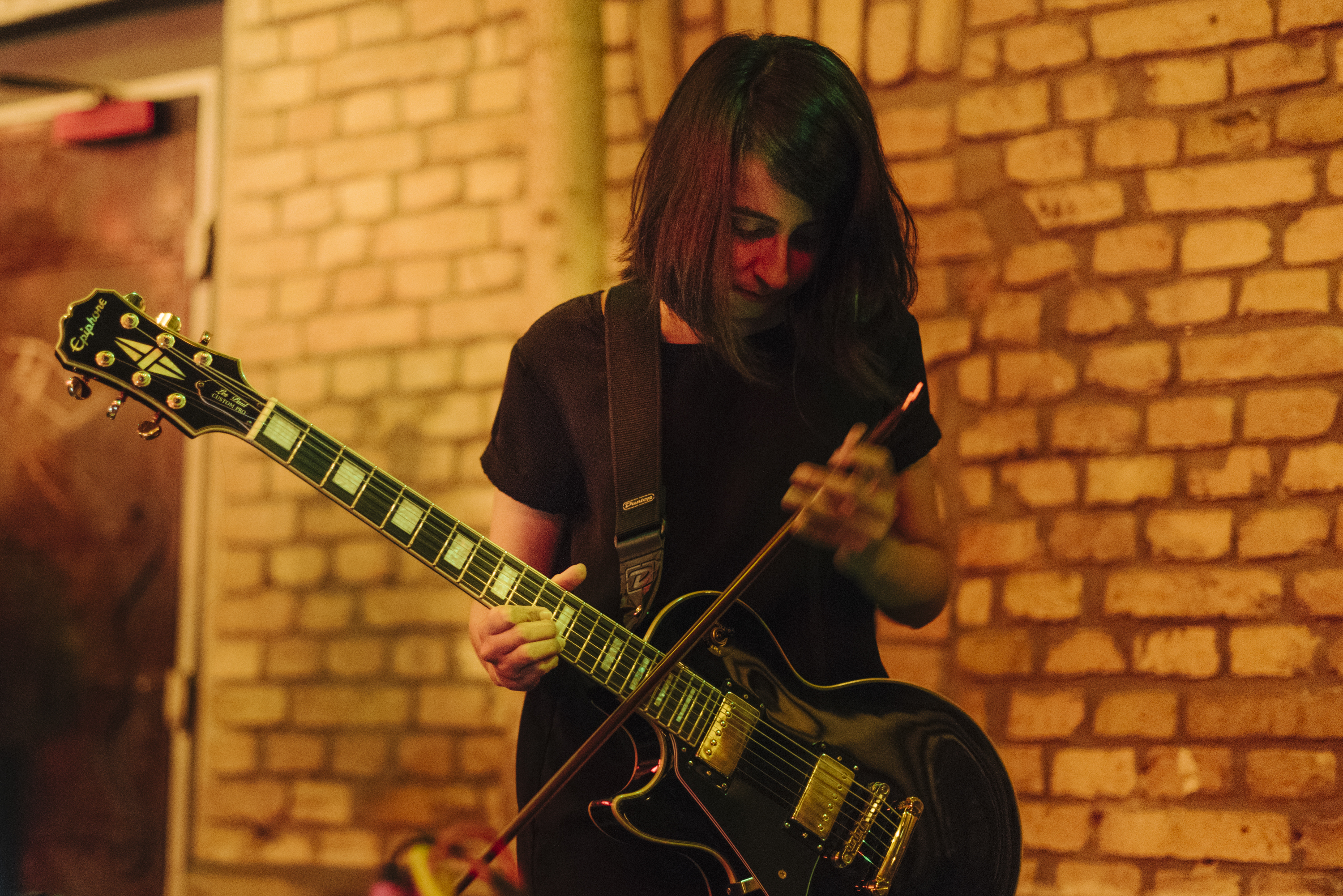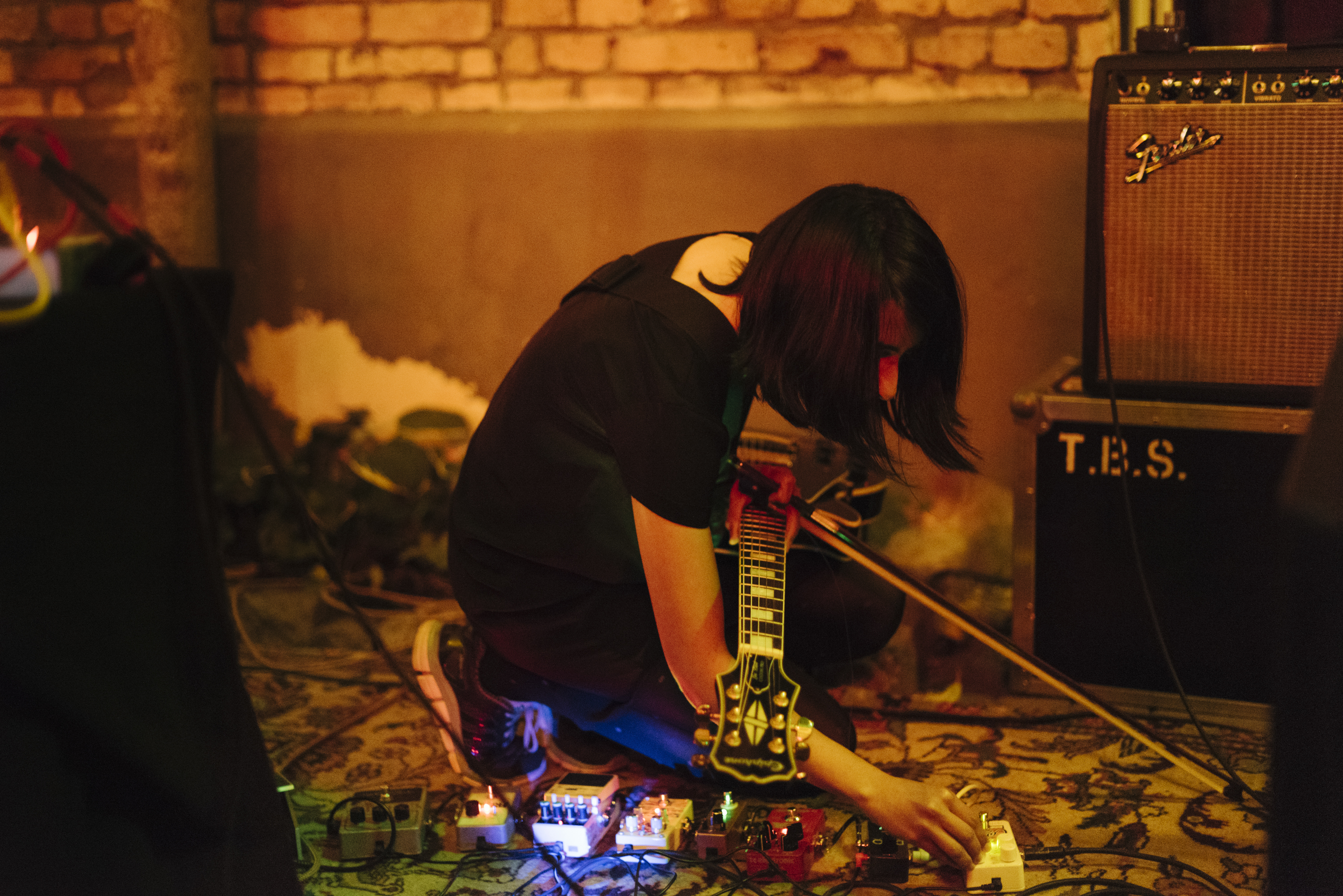Ramsha Shakeel
Meet Pakistani experimental musician and interdisciplinary designer based in Toronto & Berlin, Ramsha Shakeel.
Tell us a little bit about yourself.
Describe the city you’re living in and what it’s like to live there.
Toronto is a nice, easygoing city. Like any other metropolitan city, however, it’s quite prone to making one exist in it rather than live in it – especially if you’re living downtown. Consumer culture disrupts the poetic side of spaces, preventing one from developing a meaningful relationship with the city. It’s also quite expensive here, especially if you intend to survive as an independent artist.
Toronto is a nice, easygoing city. Like any other metropolitan city, however, it’s quite prone to making one exist in it rather than live in it – especially if you’re living downtown.
What is the best and worst thing about living in your city?
I think the extremities of best and worst do not apply to a city like Toronto. It is a multicultural city with several intertwined narratives, so at the end of the day, it can be slightly overwhelming sometimes if you live here. Naturally, if there are too many narratives in a place, there comes a point where the difference of opinion is perceived as a wrong thing and the only way to live as a community is to either neutralize everything or to educate yourself about each and every narrative out there. Most people find it easier to follow the former way, and that, in my opinion, doesn’t help the community grow. Also, I wish the music scene were a bit less scattered here.
Give us 3 words that describe what it’s like to be a creative in your city.
Hopeful, broke-yet-resilient, Mildly insignificant
How did you start your career in music?
It began quite organically for me. I had been making music since I was a kid but didn’t really release anything significant for a few years. When I moved here about 8 years ago, it was a hazy time for me as a creative, which when combined with the intense climatic difference, set the liminal stage for me – I felt a need to start sharing my music with the people around me as a way to connect – music has always provided me with the comfort that I need in knowing that I can get through to people; this is my medium.
I felt a need to start sharing my music with the people around me as a way to connect – music has always provided me with the comfort that I need in knowing that I can get through to people; this is my medium.
Were the people around you supportive of your decision on working as a creative?
What are some goals and ambitions you have for your future work?
Most important for me this year is to release more stuff that I have been working on. In the bigger picture, I’d love to regularly do independent projects and make a living out of them. Lately, I have developed a keen interest in acoustic ecology, which was also my thesis direction while I was studying design. And I would love to take it forward through a research residency at some point in the near future. It is also a dream of mine to land the artist residency at CERN one day. It is important for me to stay connected with the universe and do meaningful and honest work.
It is important for me to stay connected with the universe and do meaningful and honest work.
If you could collaborate with any person in the world who would it be?
Tim Hecker, William Basinski, Bernie Krause, Ryoji Ikeda, Robertina Sebjanic, Christian Fennesz, etc, etc, etc 🙂 I love collaborative work so my list is endless and ever-evolving.
How would you describe the women around you?
Were there any local female creatives that you looked up to when you were growing up?
Not one in particular but while I was growing up, my own sisters were quite the inspiration for me, as most of us have had ties with the creative sector from the beginning in one way or another.
Are there any challenging aspects of being a female in your industry?
I think that the most challenging aspect is learning to accept the haunting fact that the industry still systematically “others” women. It is also both funny and ridiculous that the industry already has an inherent definition and expectations of a “woman” in place before you even enter it. I have faced challenges, especially in Karachi, but it gets better as you go. It’s just so important to understand the deeper narratives at play so we can learn to navigate and ultimately challenge such frameworks of exclusion.
Always pursue what you want. Don’t wait for the right time or circumstances. Keep pushing yourself to learn more, but don’t overanalyze nor judge your work.
Do you have any advice to young women who are aspiring to work in your field?
Always pursue what you want. Don’t wait for the right time or circumstances. Keep pushing yourself to learn more, but don’t overanalyze nor judge your work. Just know that you will create your most original work when you allow yourself to be purely you. Block out heteropatriarchal expectations and negative energies, throw them out the window and own yourself. Be realistic and always be open to constructive criticism. Remember to empower others around you, and collaborate!
Image 1 & 2 courtesy of Dan Wilton – @danwiltonphoto
Image 3 & 4 courtesy of Ramsha Shakeel – @ramshamusic
Image 5 & 6 courtesy of Ériver Hijano – @eeeriver
Video courtesy of HAVNODE
Website:
Instagram:
Facebook:
Soundcloud:
Bandcamp:
Behance:
Date:
June 5, 2019








